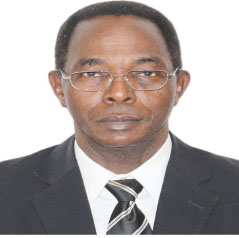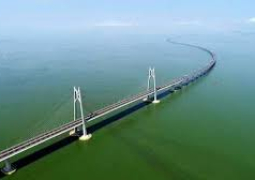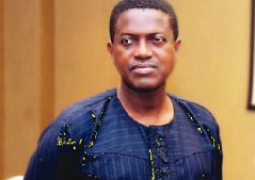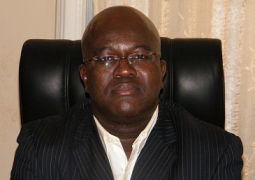
“The further a society drifts from the truth the more it will hate those who speak it,” said George Owell. As a nation settles down from the drama of the 2021 elections, we must balance the truth, face the reality and move on to build the country for the common good. First, it must be stated that one outstanding slogan in the language of many politicians during the campaign was the issue of SYSTEM CHANGE. This presupposes that government failed to perform in some sectors of the economy and in the transition agenda. The sectors mostly cited were Fisheries, Health, Justice and Judiciary, Interior, Trade, Foreign Service, Civil Service, Security, Education, Energy, and Agriculture among others.
However, in spite of some of the pitfalls in governance mentioned above, Barrow was determined and maintained a deep sense of serving the people and areas like URR, CRR North, Nuimis, and Banjul that often felt disenfranchised in the distribution of infrastructure projects, were endowed with the development of roads, bridges, drainage and other facilities. For these areas, Barrow was a beacon of hope. He laid tar on gravel roads that the people walked on for decades. He presented his track record of developments achieved and gave promises of more projects/ programs using the language of the people and it resonated. He conducted a very effective campaign and it paid off for the NPP.
To fix the system for efficient and effective administration calls for a review of the service, and, where necessary, total overhauling in a bold and decisive manner by the executive leadership. It is hoped that lessons learnt in the past five years in governance will lead to serious reflections on system failures for a better Gambia. The trust and confidence of Gambians have been placed in the hands of President Elect Barrow. To develop the country in the next five years however calls for coequal responsibility between the government to come and the Gambian people. The opposition must not allow their sad past to take the centre stage in our collective forward march to building a better Gambia.
Looking at the political scenario we came out of in the 2021 elections,it could be said that it was a highly contested race with tragic outcomes for some candidates and their parties. NPP mounted the heaviest campaign in the history of elections in the country, taking nothing for granted from the beginning to the end. Delusional politics and late start did not entangle the party in the process. For the party, it was a question of do or die to remain relevant in politics and for Barrow to be re-elected. GDC started late and Jammeh’s participation in their campaign turned away many voters to other parties.
PDOIS was great in political education but poor in political mobilization. The new entrants in the race did not understand the political realities on the ground before jumping into the ring. As I saw it, the provinces voted for continuity of developments brought by Barrow and the urban areas rendered a protest vote against a UDP government. The APRC YES camp to NPP yielded bigger political dividends for Barrow than other parties. Interestingly, the Jammeh factor was not significant in the elections as many thought it would be.
It is a fact that Gambians boycotted the opposition and voted for continuity over change of leadership of the country in this election. Based on the overwhelming victory of the NPP, it could be concluded that tribalism did not play into the elections. To crown it all, “the results were incontestable and incontrovertible and therefore Barrow won the elections,” said Honorable HalifaSallah, one of the contenders in the race. The international observer missions to the elections concluded that the elections were conducted in a free, fair and transparent manner.
This is victory for democracy in The Gambia. In the name of democracy, therefore, we all have to accept the verdict of the Gambian people, relax the angers and move on as one nation, one people.
By: D.M. Badjie
Political Scientist/Analyst




